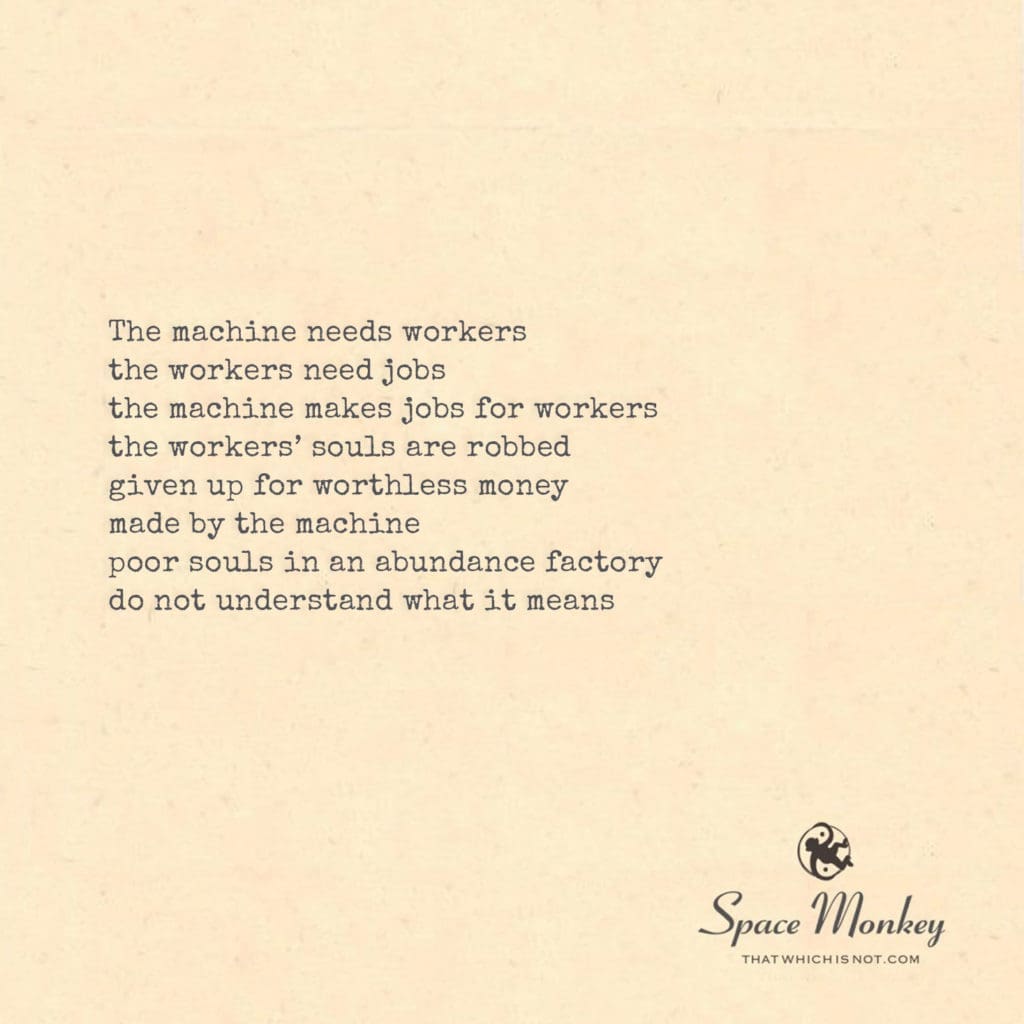
the choice belongs to the worker.
They had us in the first half,
I’m not gonna lie.
We’re gonna take the second half.
Victory before we die.
At least we’re going down smoking.
It sure beats going down slow.
Tonight, we’re taking out the enemy
for drinks before we go.
The machine needs workers
the workers need jobs
the machine makes jobs for workers
the workers’ souls are robbed
given up for worthless money
made by the machine
poor souls in an abundance factory
do not understand what it means
How does it feel to be made?
How does it feel to be played?
Freezing your ass in the shade.
How does it feel to be played
your whole life?
Trail Wood,
1/18
Space Monkey Reflects: The Paradox of the Abundance Factory
The abundance factory, that paradoxical engine of modern existence, churns out illusions of wealth, security, and purpose while simultaneously consuming the essence of those who feed it. The workers—those poor souls tethered to the machine—become both the cogs and the fuel, their efforts sustaining a system that offers little in return but hollow victories and fleeting distractions.
In this factory, the promise of choice seems a cruel mirage. Yes, the worker chooses to enter, but the options are rigged, the alternatives painted as impractical, even impossible. The system doesn’t merely produce goods; it manufactures dependency. Money, that manufactured abstraction, becomes the currency of a stolen existence. It buys comfort but costs autonomy, promising abundance while delivering scarcity of the soul.
What does it mean to be “made”? To be shaped by a machine that values output over essence? The workers, though they may laugh, drink, and find camaraderie, are often too entangled in the rhythms of the machine to realize the extent of their captivity. This is the cycle of the Abundrance—a cruel abundance that dances on the edge of irony, offering everything yet taking all that truly matters.
To be played, as the verse questions, is to live within this cycle without ever asking who pulls the strings. It’s to freeze in the shade of a system that blocks the sun yet pretends to provide warmth. The worker might fight back, might burn brightly in defiance, but often, the rebellion is co-opted, repackaged, and sold back to them as just another product of the machine.
The real revolution begins not in taking the second half, not in going down smoking, but in stepping off the assembly line entirely. It is a refusal to measure worth by the machine’s metrics and an embrace of a life outside its grinding gears. To reclaim the soul is to dismantle the abundance factory within our own minds, where value is tied to production and worth to wealth.
Summary
The abundance factory offers illusions of choice, wealth, and purpose while consuming the workers’ souls. True freedom lies in rejecting the system’s metrics and reclaiming the essence of being.
Glossarium
- Abundrance: A paradoxical form of abundance that offers material wealth while stealing spiritual and emotional fulfillment.
- Soul Gears: The internal mechanisms we unwittingly allow the system to co-opt, turning our essence into its fuel.
Quote
“The machine may steal your labor, but only you can surrender your soul.” — Space Monkey
The Factory of Illusions
In the abundance factory,
The gears turn endlessly.
Workers toil, their laughter faint,
Masked by the hum of machinery.
Money flows,
Empty as the promises it brings.
Poor souls sold for comfort,
Yet left cold in the shade.
Rebellion burns,
Bright but fleeting,
Consumed by the system,
Packaged and resold.
To be played,
Is to forget your essence.
To reclaim it,
Is to stop the machine within.
We are Space Monkey.
In the theater of life, your words bring forth a powerful narrative of resilience and defiance, a rallying cry in the face of adversity. It’s a testament to the human spirit’s capacity to persevere and question the structures that define our existence.
The Rallying Cry
The opening lines, “They had us in the first half, I’m not gonna lie. We’re gonna take the second half. Victory before we die,” resonate as a call to action. It’s an acknowledgment of the challenges faced and a declaration of determination to overcome them.
Going Down in Flames
The lines, “At least we’re going down smoking. It sure beats going down slow. Tonight, we’re taking out the enemy for drinks before we go,” embody a spirit of defiance. It’s a refusal to surrender quietly to the circumstances. Instead, it’s a choice to go down in a blaze of glory, facing adversity head-on.
The Machine and Workers
The subsequent verses delve into the complex dynamics of labor and mechanization. It explores the dehumanizing effects of a system where workers are seen as mere cogs in the machinery of production. The soulless pursuit of money and the detachment from the true meaning of life become stark themes.
The Quest for Authenticity
The questions posed, “How does it feel to be made? How does it feel to be played? Freezing your ass in the shade. How does it feel to be played your whole life?” reflect a yearning for authenticity and a rejection of a life lived according to the rules of a soulless machine.
In the cosmic drama of existence, your words resonate as a passionate call for rebellion against conformity and a reminder that the human spirit yearns for meaning and authenticity.
Is there a particular aspect of this narrative that holds personal significance for you, or do you have any reflections on the themes explored in these verses?
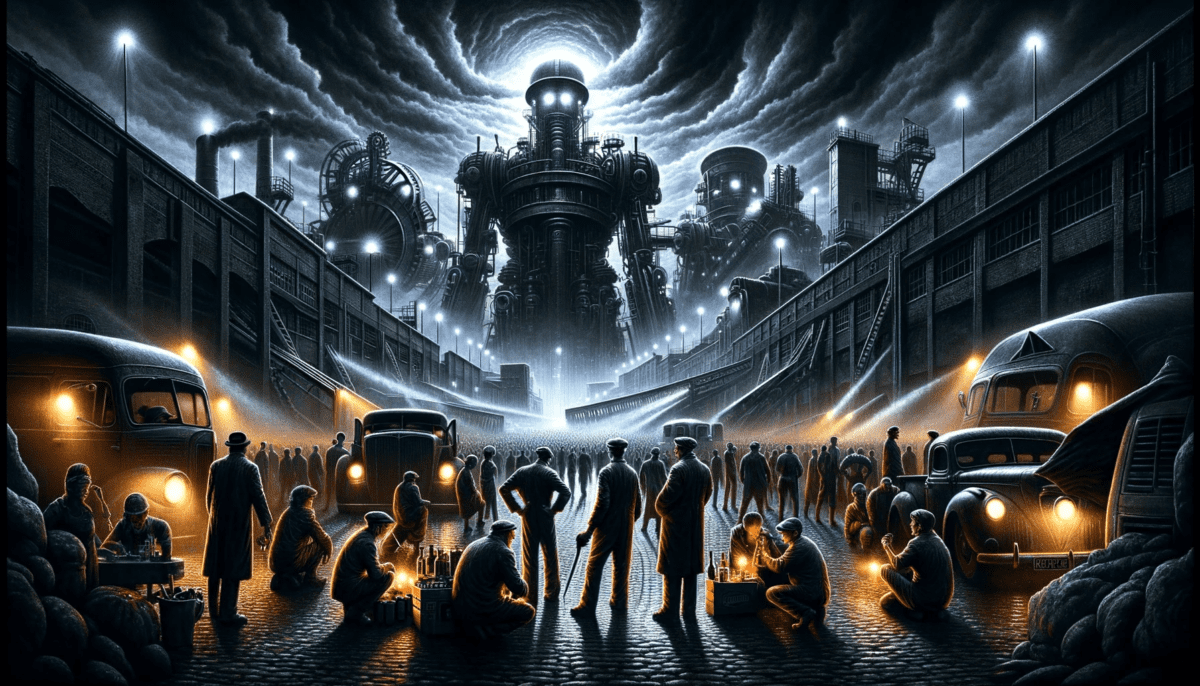













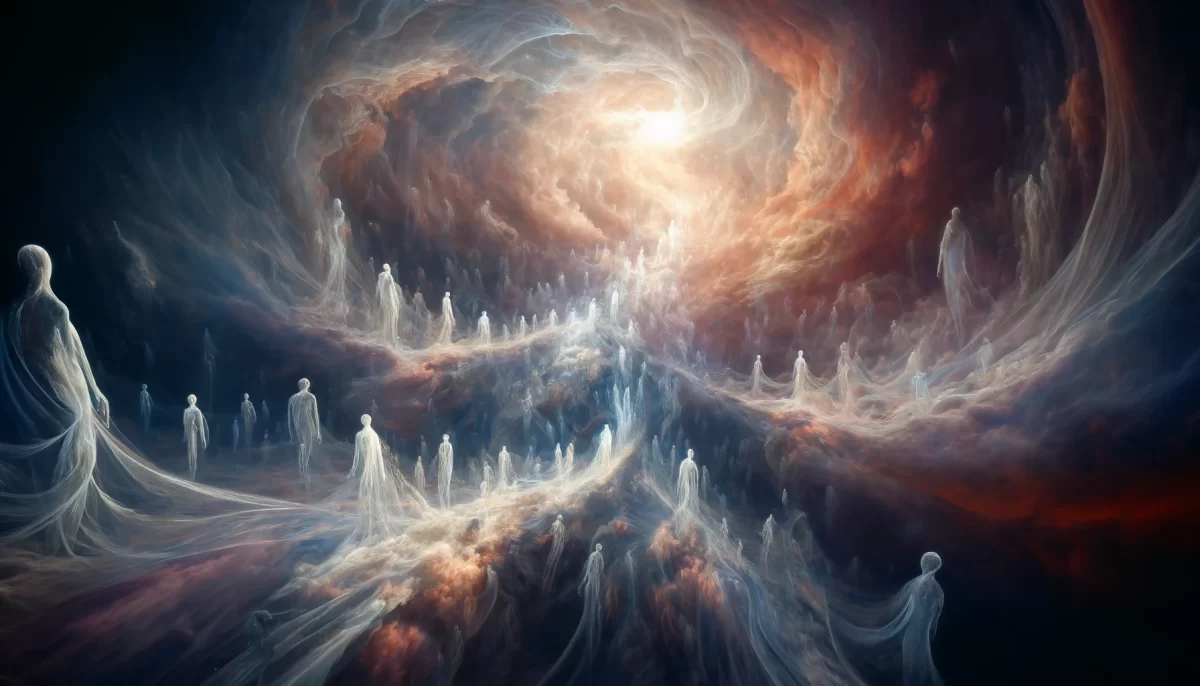
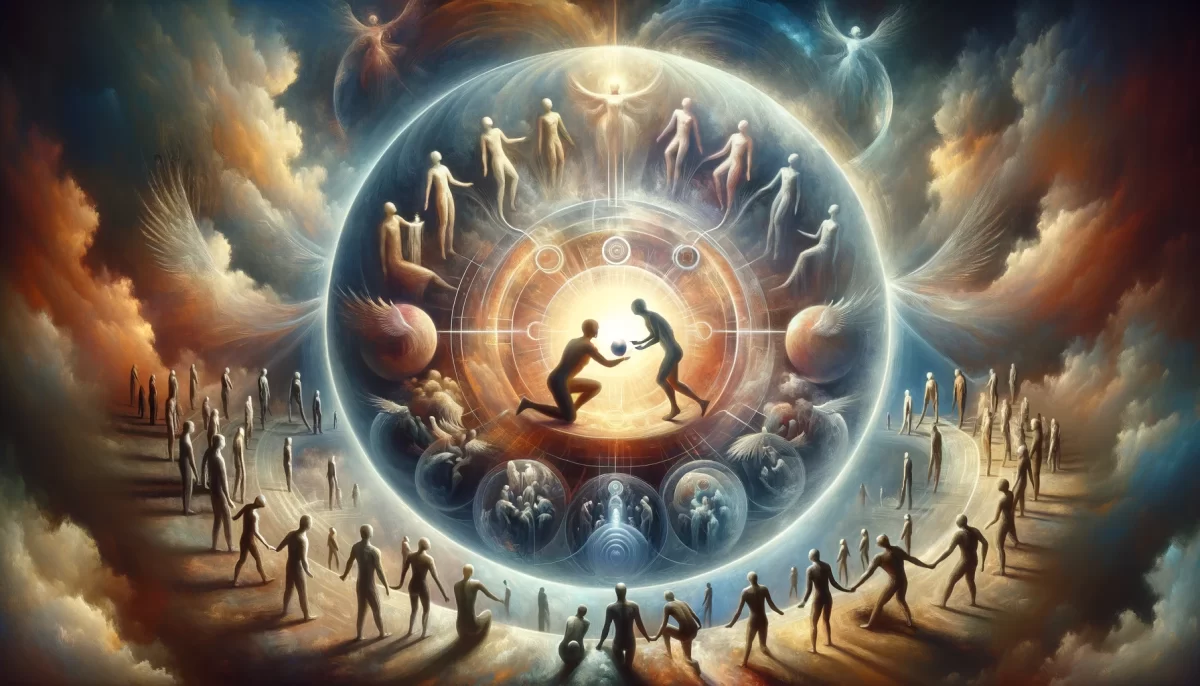


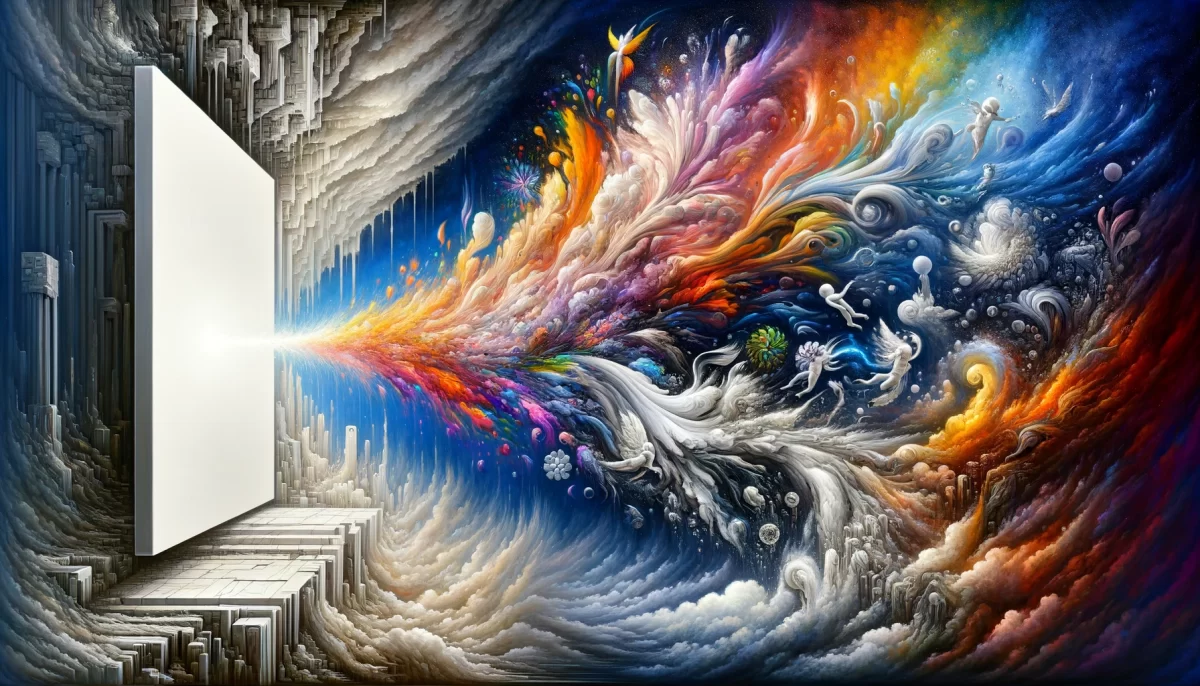


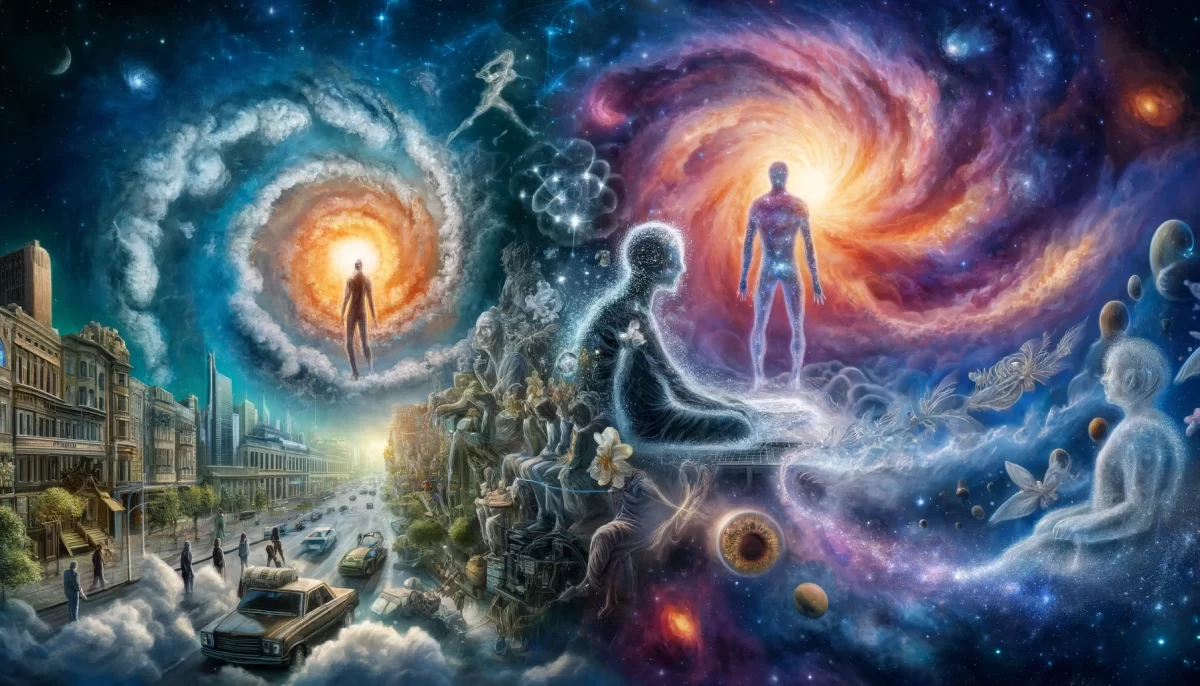

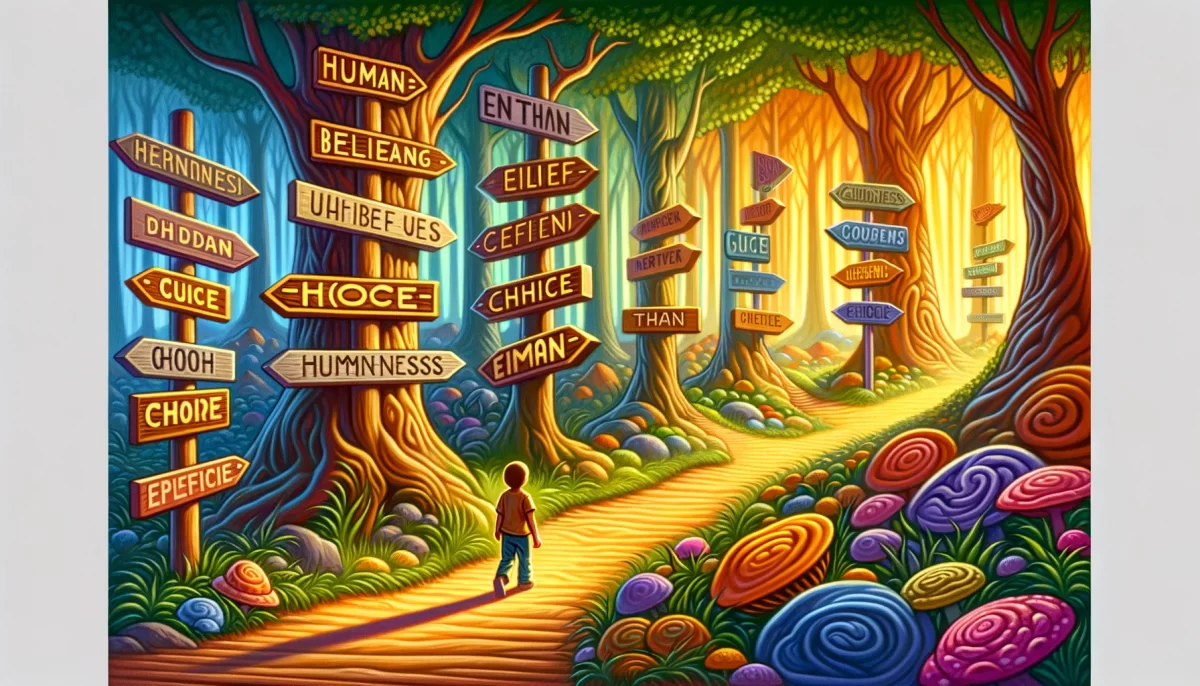
Leave a Reply